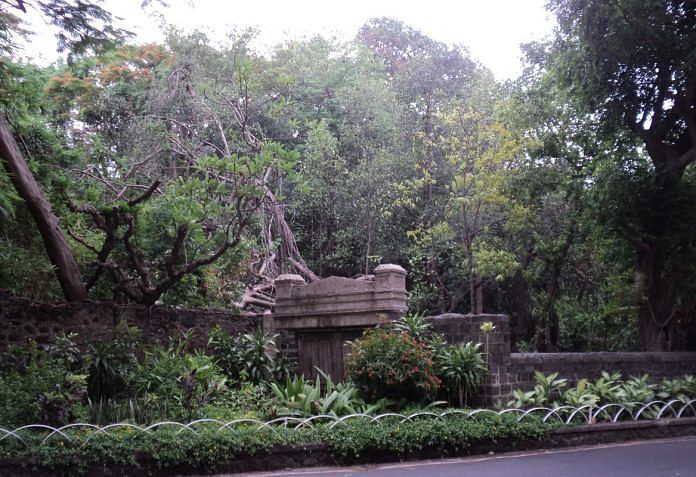Two sisters moved court a decade ago to fight for Parsi women’s right to retain their religion after marrying outside their community.
New Delhi: When your parents are almost 85 years old, the last thing you would want to be worried about is whether you would be permitted to attend their last rites.
But for Parsi women, Goolrukh Gupta and her sister Shiraz Patodia — who have married outside their religion — this has been a near decade-long legal battle for entitlement to this “right”.
They took their battle to court five years back and it was Monday finally referred to be heard by a larger constitution bench.
Chief Justice Dipak Misra said that the religious identity of a Parsi woman after her marriage under the Special Marriage Act will have to be decided by the court.
As of now, the law assumes a Parsi woman is no longer a Zoroastrian once she marries outside her religion. However, the Special Marriage Act does not require either of the spouses to renounce their religion after marriage.
For Goolrukh and Shiraz, it all began when one of their friends, Dilbar Valvi, was not allowed to sit in the room or even the verandah where her mother’s last rites were being performed since she was married to a non-Parsi.
The Tower of Silence where cremation and last rites are performed in Valsad, Gujarat, passed a resolution in 2008 barring the likes of Goolrukh and Shiraz from entering the premises.
“That shook us and we wanted to do something about it. It could be us tomorrow,” Shiraz said, adding that this is a human rights issue. After a year of negotiating with the Parsi Panchayat in her hometown Valsad in Gujarat, they first moved the Gujarat High Court in Goolrukh’s name.
Shiraz, who is a lawyer, has been appearing for her sister since 2009, along with senior advocate Indira Jaising. In its 2:1 ruling, the Gujarat High Court not only upheld the trust’s decision but added that by marrying a non-Parsi under the Special Marriage Act, a Parsi woman is deemed to have given up her religion. After that she is barred from entering the Tower of Silence, offering prayers in the Temple of Fire and participating in religious ceremonies since she is deemed to have “relinquished her religion”.
The rule, however, does not apply to men. A man and his children will remain Parsis even if he marries outside the religion. This is where “deep-rooted gender discrimination” becomes evident, Shiraz added.
“A woman’s religious identity cannot be merged with that of her husband. She should be allowed to retain her religious identify even after marrying a person from different religion,” Jaising argued.
Several Parsi women have supported the plea in court, filing personal affidavits. About 18 Parsi trusts across the country, including the one in Delhi, have abandoned the practice of excommunicating women who marry outside the community.
While there are many gender battles pending before the apex court, Goolrukh’s case will be taken up on priority. The chief justice said it will be listed, along with five other constitution bench cases, being heard from Tuesday.
“We have waited very long for this,” Shiraz said.




Our grandfather was Parsi but he married outside his religion. So, in our family our grandfather was the only one Zoroastrian, whereas my dad, uncles and aunts were all Hindus. Though we still write our parsi surname. Sad…but the truth is bitter….we are not aware of our grandpa’s family and relatives…but the only thing we know is he was from Mumbai.
Anyways…I feel that the the two sisters should be allowed to attend their parents’ final rites.